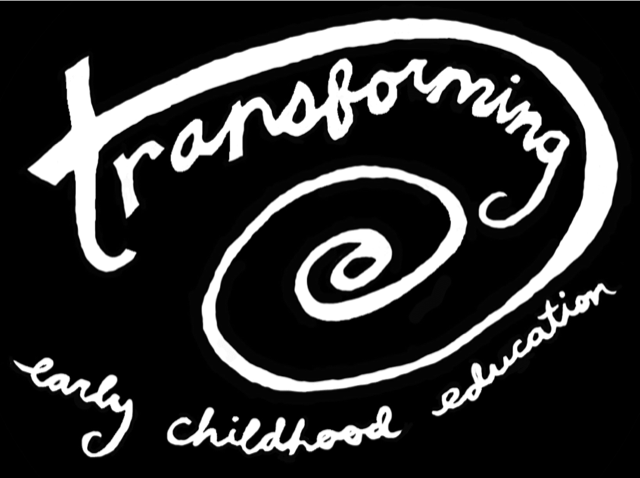Is “Aggressive” Behavior Really Aggressive?
Is “Aggressive” Behavior Really Aggressive?
When adults label young children, especially in early childhood programs, the labels tend to stick. When a child bites as a toddler, they are labeled "the biter." Before the child is even three years old, they are seen as "aggressive." Some people may think that this is just a word. Still, aggression evokes strong negative feelings that affect our daily interactions.
Aggression implies intentionality (a deliberate desire to harm another person). It is important to remember that young children run on emotions and impulses. Early brain development tells us that young children cannot intentionally harm others.
Behavior is communication. The child may be trying to communicate that:
they need something new to do.
they are overstimulated.
they have excess energy.
they are unable to make themselves understood by those around them.
they are frustrated.
they need more space.
they need more choices or independence.
they lack understanding.
they don't have the words to describe their emotions.
Children are not born with self-control. They need trusted adults to support and guide them as they learn self-control skills. A child's temperament (how they approach and react in the world) can contribute to their emotional reactions and impulses. Understanding a child's temperament can help you in your support and guidance.
Our growth as early childhood professionals depends on our ability to be a reflective practitioner. Take a few minutes to reflect upon the following questions:
What kind of undesirable behaviors are common in the age group you work with?
What might the child be trying to communicate with this undesirable behavior?
How will your interactions change if you avoid labeling the behavior as aggressive?
Take a look at your classroom. Are there any changes you can make to the learning environment to support the needs of the children in your care?
It is essential to ask for the support we need to succeed. What support do you need?



